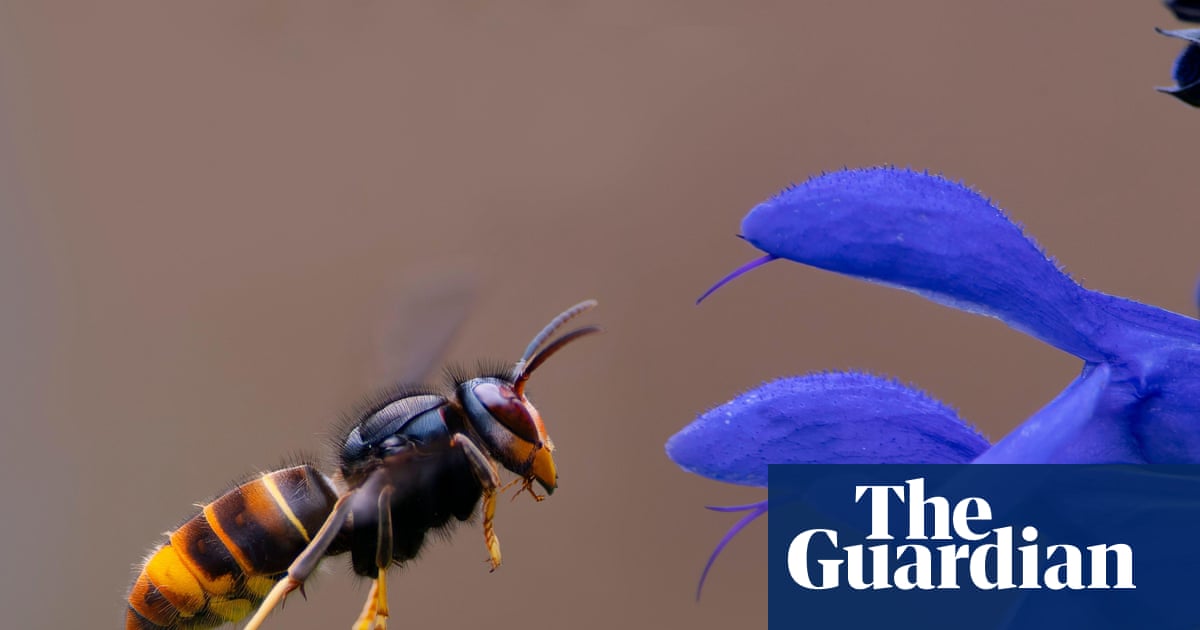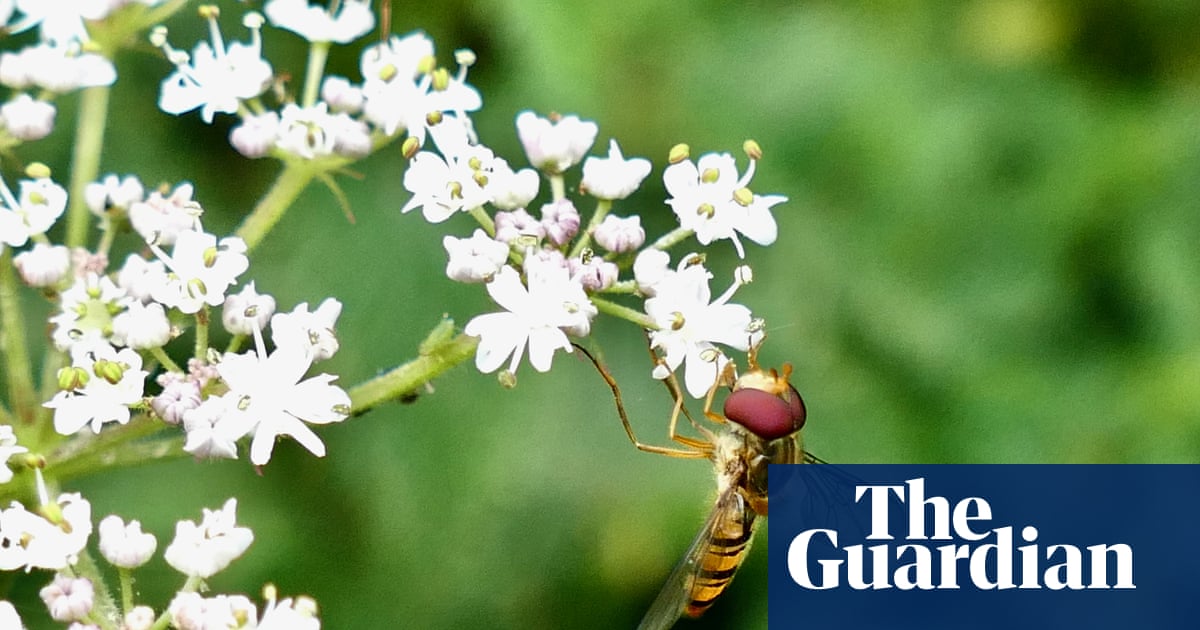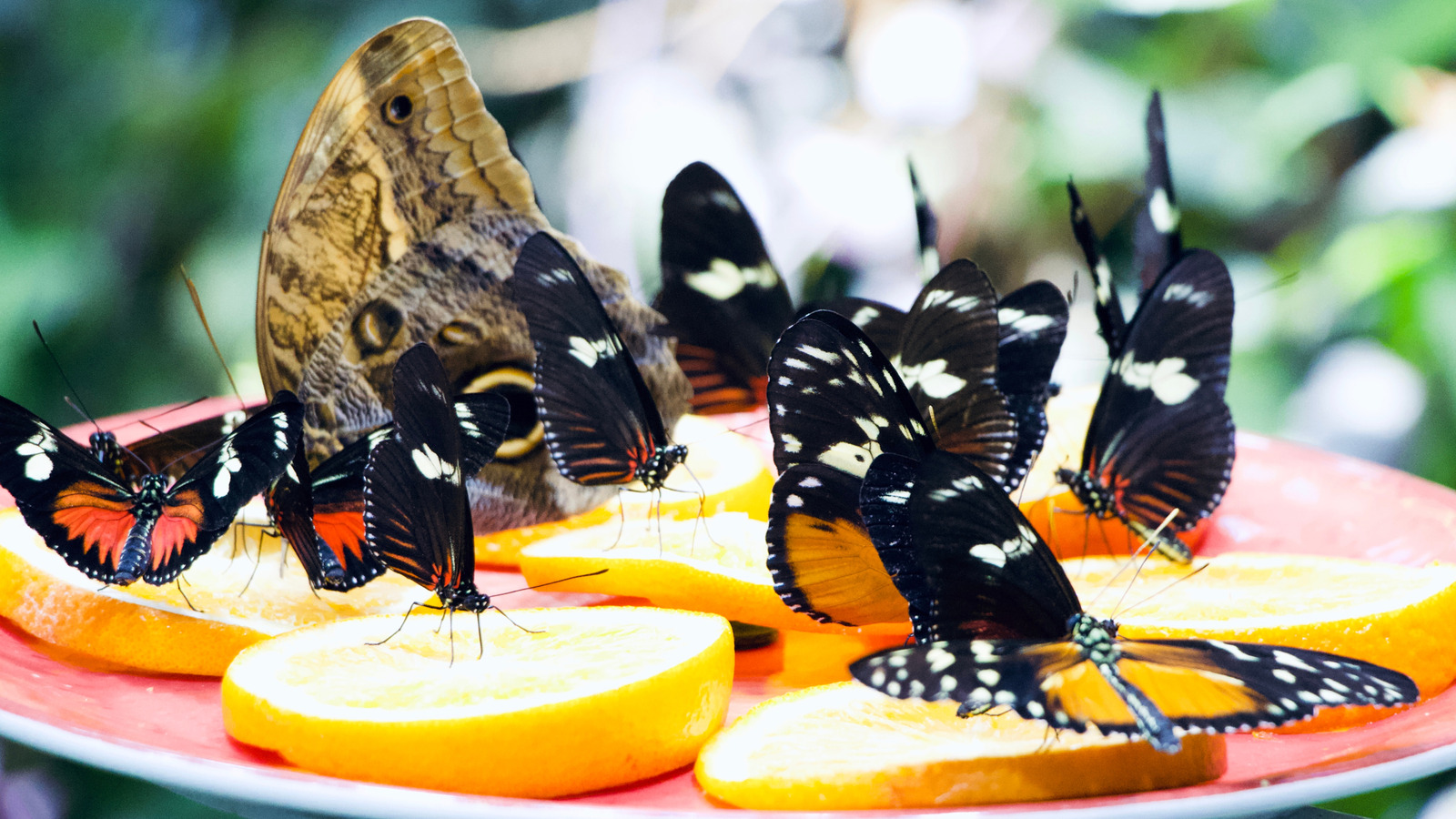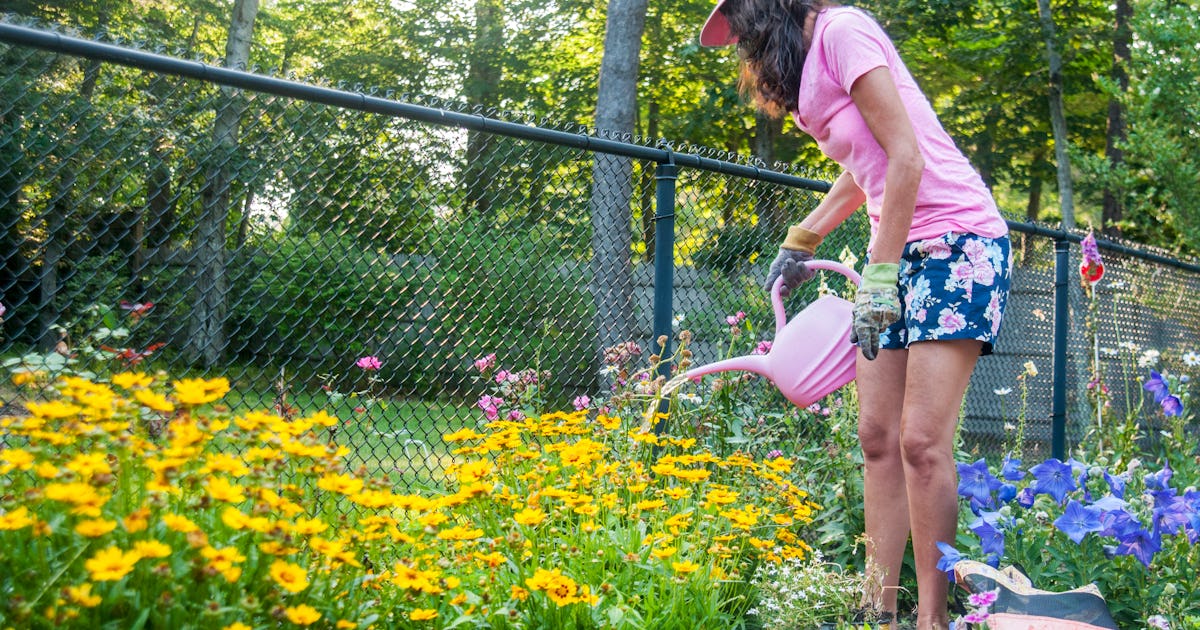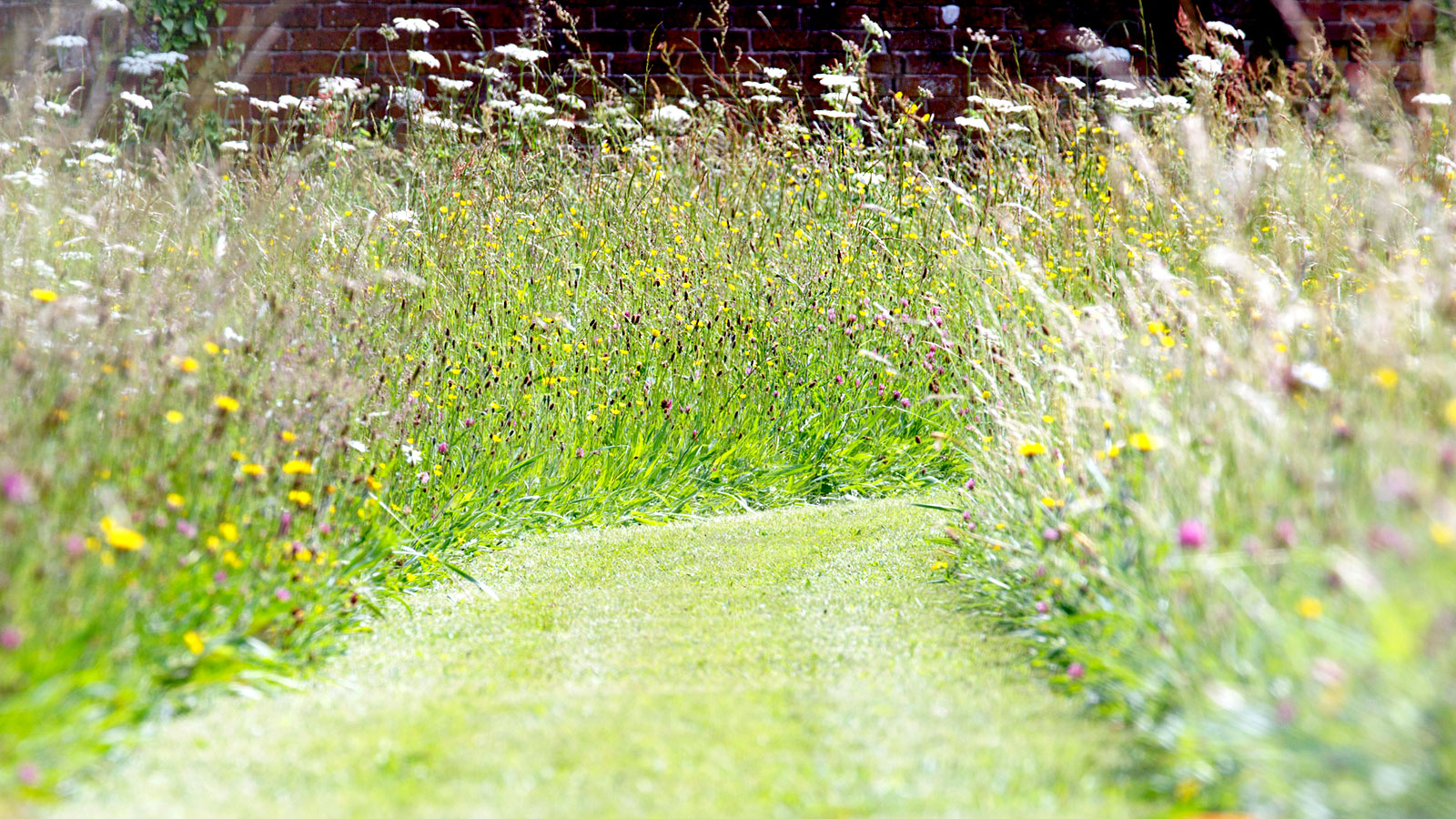#pollinators
#pollinators
[ follow ]
#biodiversity #gardening #invasive-species #beekeeping #climate-change #asian-hornet #bees #urban-ecology
Agriculture
fromTasting Table
2 months agoPlant This Everyday Garnish To Keep Aphids Out Of Your Vegetable Garden - Tasting Table
Interplanting chives among vegetables repels aphids via sulfurous scent, reduces infestations, and attracts beneficial pollinators; avoid frequent trimming to maintain effectiveness.
fromPsychology Today
4 months agoBiophobia Is Dangerous
I have been growing much of my family's food for more than 35 years. I have spent countless hours preparing the ground, planting seeds, weeding, and harvesting. Until Labor Day Weekend 2025, however, I had never put a chair in my garden and simply observed. What a revelation. In addition to vegetables, I intersperse flowers in my garden. This year, there are poppies, cosmos, and sunflowers.
Environment
fromwww.independent.co.uk
5 months agoScientists invent superfood' they hope will save honeybees
Scientists have devised a food supplement for bees that they say will have a wide-reaching effect on global food security. The experts say the yeast strain will help honeybees live longer as intensive farming and the climate crisis rob the insects of flowers and pollen. It is hoped the breakthrough will stem the decline in populations of wild bees, which are important pollinators. They help contribute to the production of at least 70 per cent of major global crops such as almonds, apples and cherries.
Agriculture
fromHomebuilding
6 months agoHow to make a bee watering station to help pollinators survive the hot weather - it's a child-friendly activity too
Bees need water not just to stay hydrated, but also to make food for their young and to cool their hives in summer. It's crucial to create a safe, shallow drinking spot with landing zones as bees can drown easily in deep water.
Renovation
fromHomebuilding
6 months agoWasps completely ruined my sunny garden weekend, so I spoke to pest control experts, and they gave me 5 tips on fixing the problem
Using a spray bottle, mix together a solution of water, a few tablespoons of washing up liquid and a few drops of an essential oil such as peppermint, lavender or clove oil. Lightly spritz this across your garden, focusing on any established wasp nests or places you've seen them frequently.
Food & drink
[ Load more ]





